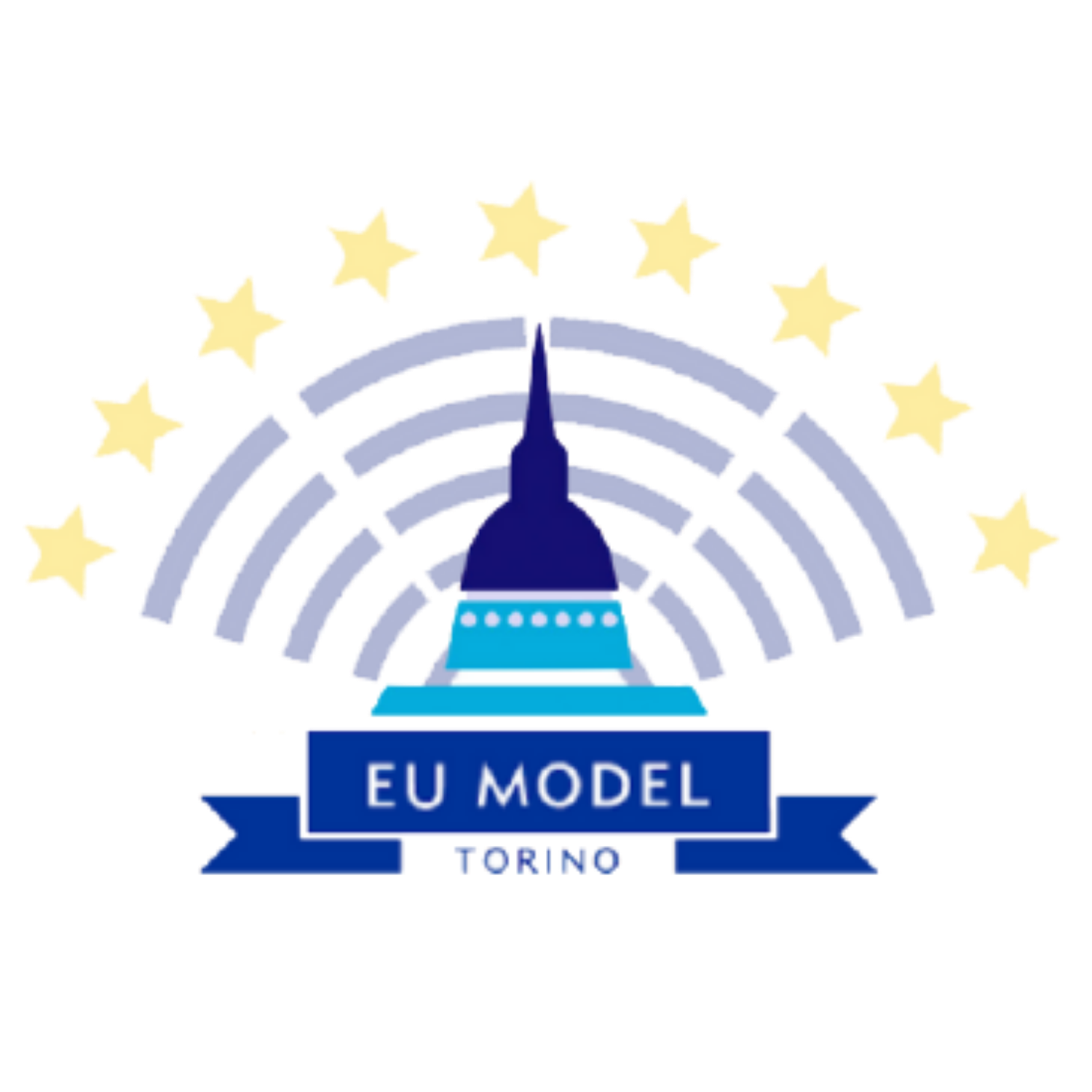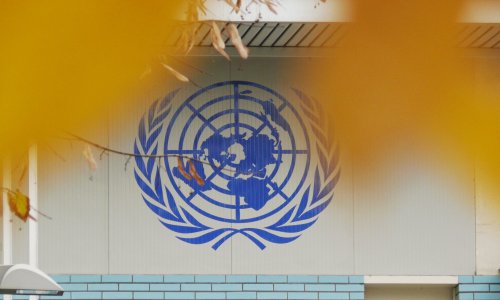What is EU Model Torino?
EU Model Torino is a project dedicated to the EU law making procedure, designed to embrace the two typical moments of scientific learning: analytical on one hand, empirical on the other. All delegates are indeed invited to attend #EUKnow training sessions where renowned experts will provide them with a proper conceptual framework in the fields of Politics, Law, Economics and Informatics so as to proficiently take part in the Conference.
The peak of the entire activity will be the simulation itself. During 4 days of work (19, 20, 21, 22 March), participants will debate the legislative proposals and simulate EU law-making by acting as Members of the European Parliament or Members of the Council of the European Union. The staff will be playing the role of the European Commission. The 6th edition of EU Model Torino introduced the Press Corps in the Simulation, with a small group of participants working as journalists inside the Parliament and the Council.
The goal is to offer students all over the world a new, exciting and educational conference simulating the actual work of EU bodies. With its ninth edition in 2024, EU Model Torino is the perfect occasion for beginners and experienced MUNers alike to test their decision-making, negotiation and persuasion skills. This simulation welcomes all those who aspire to reach a deep understanding of the decisional mechanisms of the institutions of the European Union and are curious about the proposed topic.
Your experience will be enriched by side events and social activities where delegates will be able to interact with smart, like-minded, and fun-loving people. In addition, prizes will be awarded to outstanding delegates.
#EUModelTorino is organized by the Executive Board of the Turin section of the Student Movement for the International Organization (M.S.O.I.), under the patronage and support of different institutions and organizations. Check the social media profiles at the bottom of the page to find out more about M.S.O.I. Torino.


